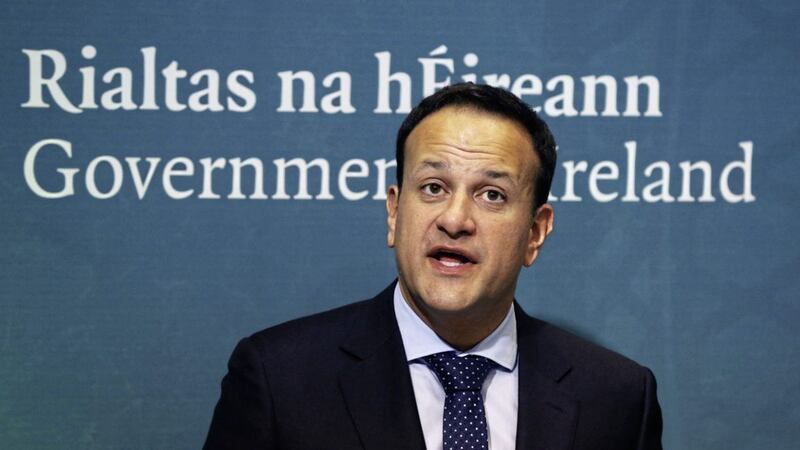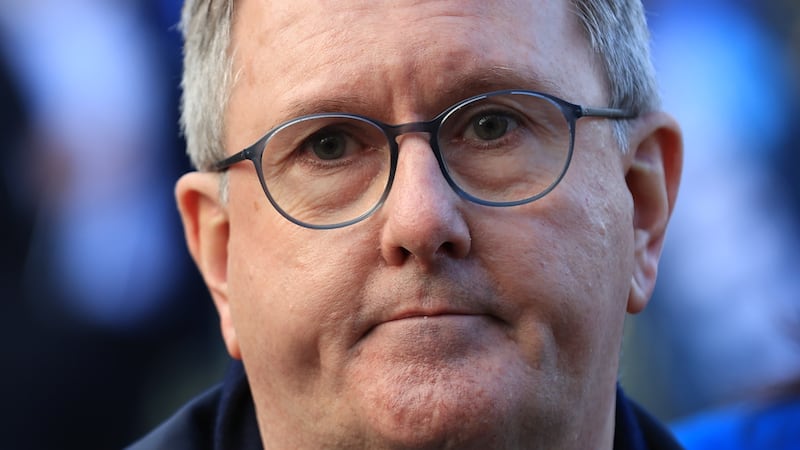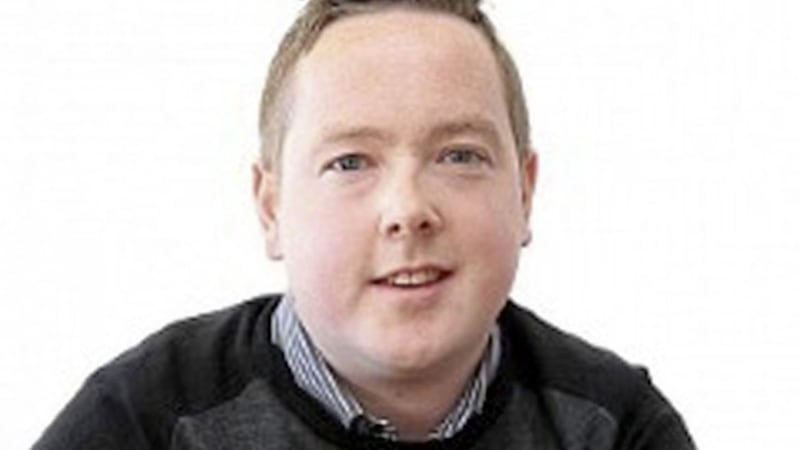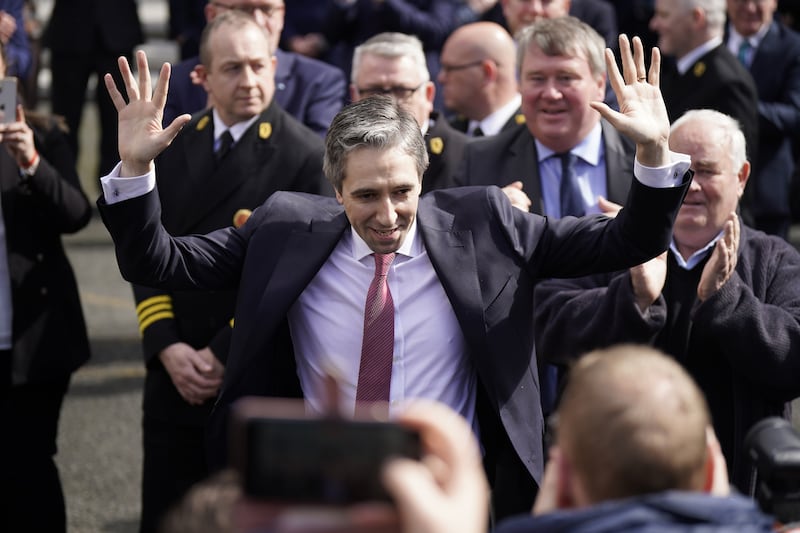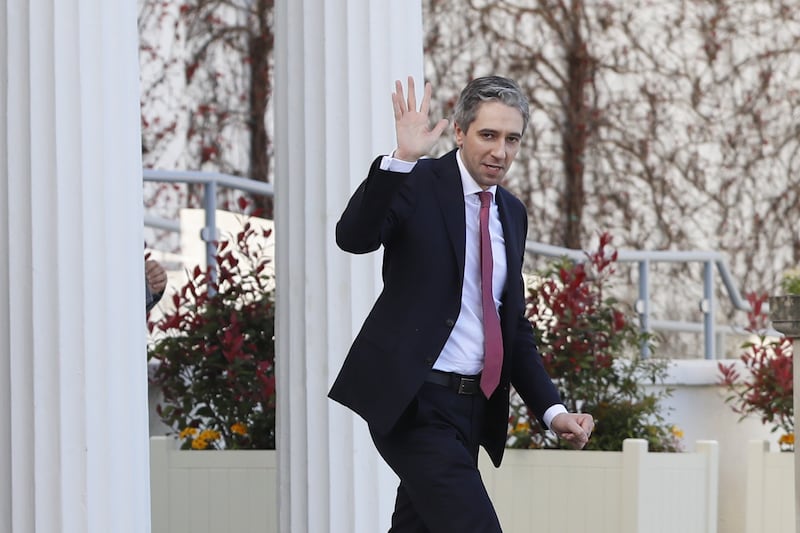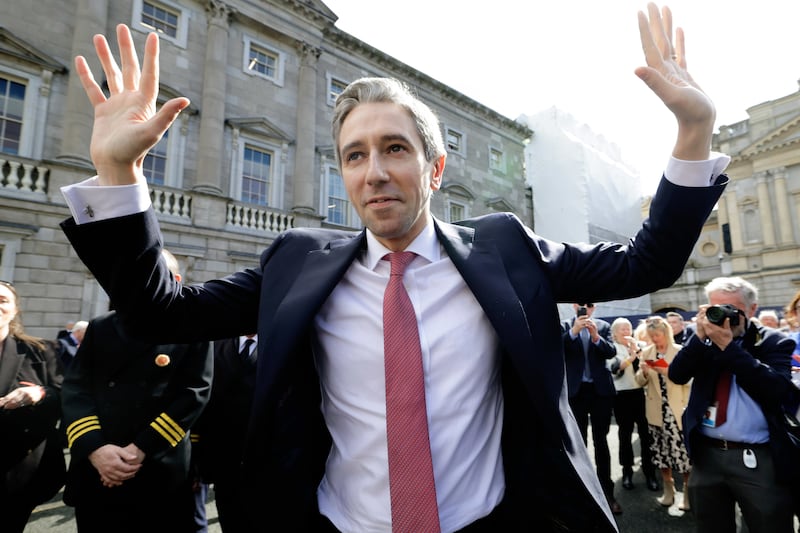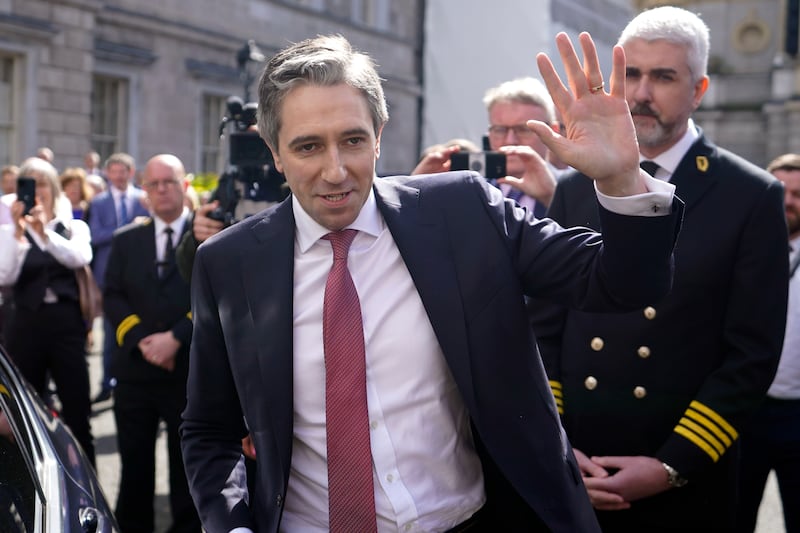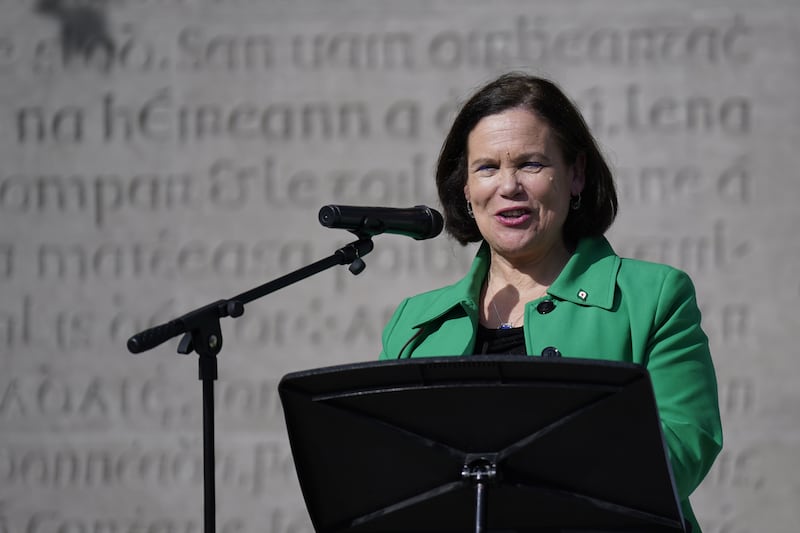An Taoiseach Leo Varadkar
Today, as I visit Northern Ireland for a series of engagements in Belfast and Newry, I am reminded of the words of Louis MacNeice, ‘Sleep, the past, and wake, the future, And walk out promptly through the open door’.
This is an opportunity for me to walk through the open door and meet with people from different communities. I am here as a neighbour, and as a friend, to engage on the many issues of concern to people in both parts of our island.
For example, I am meeting with representatives of civic unionism, and I am looking forward to visiting the Museum of Orange Heritage. I had the opportunity to meet the Order when I attended the 12th in Enniskillen a few years ago. I look forward to renewing the acquaintance. I will also be meeting with representatives of the business and community sectors and am honoured to have been invited to launch this year’s Féile an Phobail programme in West Belfast.
This is my sixth visit to Northern Ireland since I became Taoiseach. On each of my previous visits I have been deeply struck by the appetite of people on the ground for engagement and discussion with respect for differing viewpoints. The welcome has always been warm.
In my view, this is a reflection of how far we have advanced in the twenty years since the Good Friday/Belfast Agreement. It has allowed peace and reconciliation on this island to develop and grow and change the way that we relate to each other and has been of immense benefit to all communities here and across Ireland and Britain.
The Agreement provided us with the architecture to manage the hard-won peace and put in place the institutions for devolved government in Northern Ireland. It has been the basis for the productive management of relationships and co-operation on both a North/South and an East/West basis.
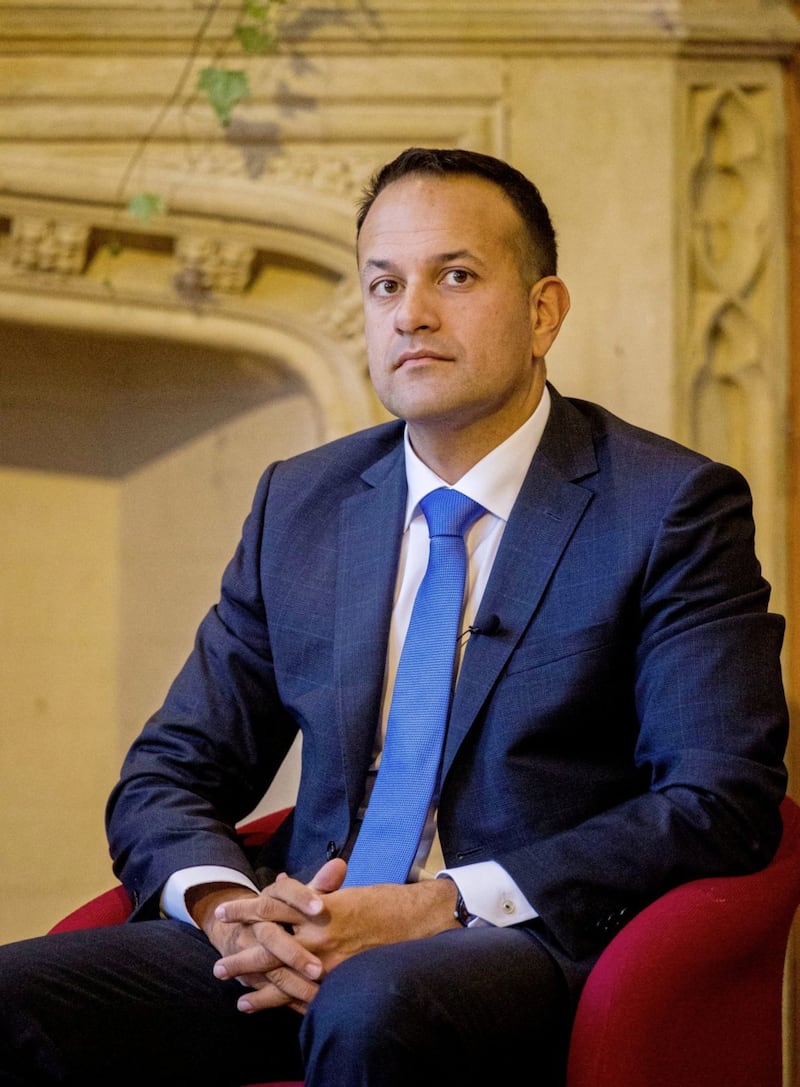
While the Agreement now faces new and different challenges, I firmly believe that it represents the best - indeed, only – basis for moving forward.
So, the Irish Government is fully committed to the Good Friday/Belfast Agreement in all its parts. This includes the principle of consent with regard to the constitutional status of Northern Ireland, and the choice for the people of Northern Ireland to be British or Irish, or both and accepted as such.
This month sees the second anniversary of the Brexit referendum which has given rise to so much uncertainty. Brexit, itself, is now only nine months away. I fully appreciate the range of concerns for nationalists and unionists alike.
I want to emphasise that the Irish government has no hidden agenda here. We never wanted Brexit in the first place and have no interest in exploiting it. Our only goal is respect for the primacy of the Belfast Agreement and everything it represents: power sharing in Northern Ireland, increased north-south cooperation and peace on our islands. We want to protect the rights, freedoms and identities of all communities here and ensure that there is no hard border on this island.
We have consistently said that our preference is for this to be achieved by a very close future relationship between the EU and the UK as a whole rather than through a unique solution for Northern Ireland. At present, the only obstacle to achieving this is the United Kingdom government’s own red lines on the customs union and single market. If those red lines soften, Europe will be flexible too.
However, if that does not prove possible, then it is essential that we have the right arrangements in place to prevent a hard border, whether that’s North/South, or East/West. The Backstop provides that assurance.
I am very conscious that I am here at a time when Northern Ireland has been without an Executive or an Assembly for almost a year and a half. That makes it very difficult for Northern Ireland voices to be heard in the ongoing negotiations. It’s a real shame.
So, I am determined to work with the British Government, with the political parties in Northern Ireland and with the unionist and nationalist communities to chart a way ahead.
Whatever our allegiances and political persuasion, we all care deeply about Northern Ireland and how it is run - now and for future generations.
You deserve to have your interests safeguarded and progressed. That includes having your elected politicians working on your behalf to make progress on the social, economic and political issues that will define our future.
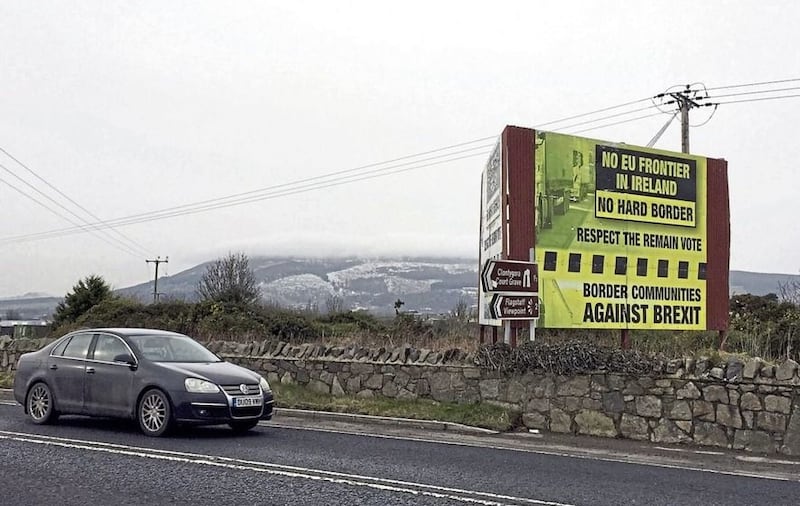
Coming here in the wake of the overwhelming vote by the people of Ireland to repeal the eighth amendment to our Constitution and three years since we enshrined marriage equality in our constitution, I am well aware of the challenges of achieving fundamental change on divisive issues. I am also aware of how the seemingly impossible can be done. Sometimes nothing changes for decades and then it changes all of a sudden.
It is my personal belief that all the rights and freedoms that British citizens have in Great Britain and all of the rights that Irish citizens have in the Republic of Ireland should also apply in Northern Ireland. Such changes should be brought about by a fully functioning Northern Ireland Executive and Assembly which should respect the majority view of the people of Northern Ireland on such issues.
It is my view that Northern Ireland should be a place that has the best of both worlds between the United Kingdom and Ireland. Too often, it seems to be in the caught in the worst of both worlds. That can change if we want it to.
I firmly believe that in an increasingly open and connected world, we must learn to build bridges between communities and on the island of Ireland to create the best possible future for all of us.
